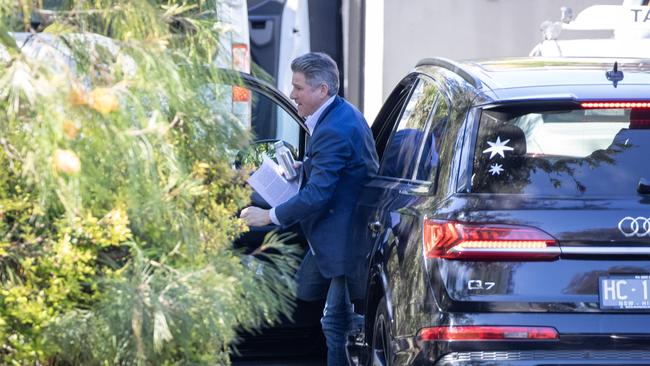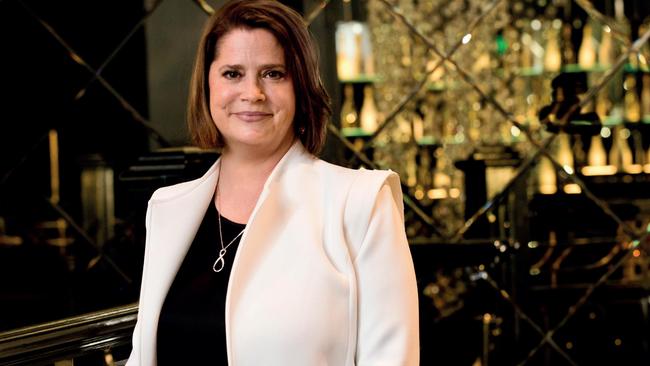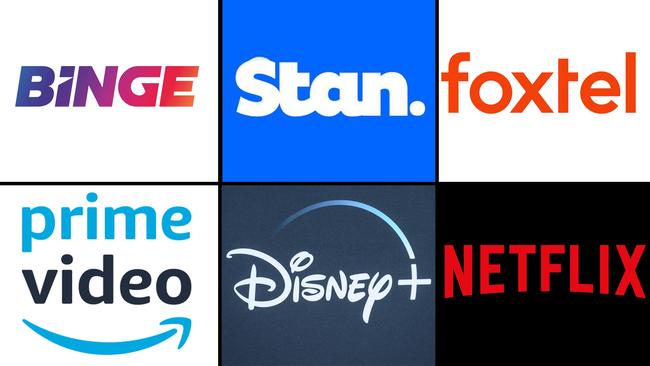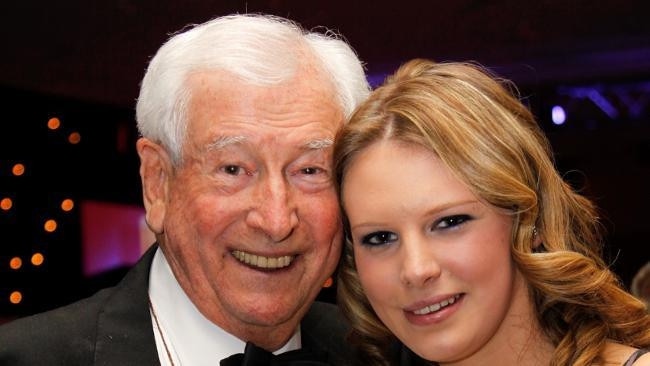
Accordingly, it was tacitly inviting capital markets to look even more closely at splitting the empire into its component parts.
The share market already realises that Nine’s takeover of Fairfax has not worked, and the shares have fallen almost 60 per cent in the last two years.

As I will discuss below, the Fairfax publications have performed well in their efforts to build a digital audience and adapt to the new environment. Television management has been in denial.
Back in 2018, at the time of the takeover, it was already clear that free to air television faced major looming challenges. Those challenges have now multiplied and are set to become more serious, and over time might even force a merger between the Seven and Nine.
Around the time of the merger, I set a number of challenges for Nine management:
“For the merger to work, the first step will be for Fairfax to promote Nine Network programs and personalities via its print products. Conversely, Nine promotes The Age and The Sydney Morning Herald.
“The combined enterprise has to understand that it is now in the content generation and marketing business … after about 18 to 24 months if the joint company is failing then it must be split up”. Sadly, those 2018 alerts did not promote change
The old Fairfax empire realised that the Internet totally changed the classified “rivers of gold”. I suspect that the cultural problems in the Nine television operations led to management not understanding that the internet based tsunami that had hit newspapers was about to end the free to air television bonanza.
While the Nine board now know what is about to hit them, the combination of the issues raised by the cultural report and the complexity of the operating businesses makes responding to the new TV challenges very difficult.
The vast majority of TV viewers now have their television sets linked to the internet. That has already enabled streaming services like Amazon Prime, Disney, Netflix and many others including Nine’s Stan to take market share from free to air TV.

The streaming services’ great advantage is that they know details about who is viewing their programs.
Free to air does not have that audience knowledge, although Seven is attempting to match streaming via their “Nightly” operation.
The ability for marketers to be able to target advertising is changing the advertising industry which no longer simply specialises in the various mediums – newspaper, television, magazines radio etc. They now focus on particular consumer markets using all avenues.
In turn, that looks set to cause Australia to follow the US and develop an even greater number of streaming style services that will flood the market with advertising opportunities and may lower prices across the board.
Already, Amazon uses its streaming service to promote its retail operations. Other major retailers can't afford to have Amazon monopolising this advantage.
Free to air television survives through its access to top sporting events but, despite legislation protecting free to air sports access, Australia will follow the US where steaming services led by Amazon are finding ways to enter the sporting arena because they can afford to pay the sporting codes so much more money than free to air.
To survive in that jungle, Nine (and Seven) will need to have astute management that does not have the old cultural barriers and is also not trying to handle the challenges of newspapers and their digital operations.
Newspaper based organisations have developed digital audiences, so can join the new media trends. They will, of course, be impacted by the increased number of media outlets which will come with this revolution and will put pressure on prices.
Around merchant banking, there is great activity looking at how the Nine should be split up. Bruce Gordon, owner of the regional broadcaster WIN corporation who owns 14.9 per cent of Nine will be important in the outcome.

Any restructuring groups will need to understand that this stage of the revolution is all about dividing advertising audiences into categories based on geography, spending patterns, age etc.
In the content side, networks have not fully adapted and are reducing costs by centralising the production of content. Longer term, that has limitations.
Radio has held its markets better than most other media avenues because its content adapts to markets. Accordingly, radio that worked in the harbour city did not work on the banks of the Yarra.
In its own way, social media adapts its content to markets which is one reason why it has been so successful.
In coming months, valuations will be placed on each of the parts of Nine to determine whether the current share market reflects the separate value of the assets.






When the report commissioned by the board of the Nine Entertainment revealed the bad practices in television and other parts of the operation, it did not detail a management restructure to overcome the problems.